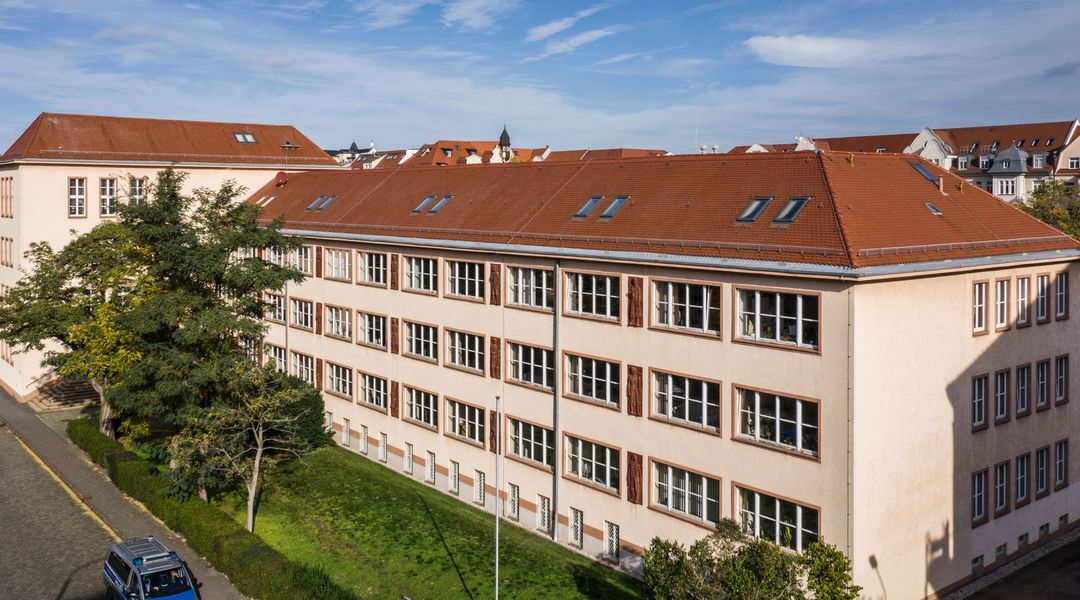What is a Studienkolleg?
Learn about Studienkolleg, the preparatory college for international students in Germany. This guide covers what it is, the different course types, how to know if you need it, and a detailed warning about private Studienkollegs.

A Studienkolleg is a preparatory college for international students who wish to pursue a bachelor's degree in Germany but whose school-leaving certificates are not recognized as equivalent to the German Abitur. You can only join a Studienkolleg if you need it; otherwise, you will not be allowed to take the entrance exam, the Aufnahmeprüfung (ANP).
The main goal of the Studienkolleg is for you to pass the final assessment exam, the Feststellungsprüfung (FSP). The language of instruction is German, and you are expected to have a sufficient level of German proficiency (typically B1/B2) before you can enter.
What are the types of Studienkolleg?
A Studienkolleg is separated into several specialized courses based on your intended field of study. These are the 5 main courses:
- T-Kurs: For technical, mathematical, and science-based degrees.
- W-Kurs: For business, economics, and social science degrees.
- G-Kurs: For humanities, arts, and German studies.
- S-Kurs: For language-based degrees.
- M-Kurs: For medical, biological, and pharmaceutical degrees.
There are also variants where the certificate you earn is only valid for a Fachhochschule (University of Applied Sciences). These include TI-Kurs, WW-Kurs, GD-Kurs, and SW-Kurs. More information about this can be found on the Uni-assist website.
Do you need Studienkolleg?
The best way to find out if you need to attend a Studienkolleg is to check your eligibility through official German academic services.
Quiz on admission requirements - DAAD
After checking your qualifications, you will typically receive one of the following results:
general admission to a preparatory course/the Feststellungsprüfung (university qualification exam)
This means that you need to go to a Studienkolleg, as long as you meet any other criteria listed.
direct subject-restricted admission or direct general admission
These mean that you can apply directly to a German university without having to go to a Studienkolleg, as long as you meet any other specified criteria.
You should always double-check your eligibility on ANABIN, as it is the official and most up-to-date database for the recognition of foreign educational qualifications.
Private Studienkollegs
Private Studienkollegs are privately run institutions. The general consensus is that a private Studienkolleg should always be your last option. This is not only because of the high cost (generally €2,000 - €6,000), but also because of widespread bad practices.
A major concern is with private Studienkollegs that conduct an internal Feststellungsprüfung (FSP). Many claim their FSP is "widely" recognized across Germany, but in reality, it is often only valid at a select few private universities they are partnered with.
If you must take a private Studienkolleg, follow this advice:
- Avoid private Studienkollegs that offer an internal FSP.
- Choose one that prepares you for an external FSP with a public Studienkolleg. These institutions essentially act as tutors to help you prepare for the official state-recognized exam.
If you still consider a Studienkolleg with an internal FSP, you must ask them via email for written proof that their FSP-Zeugnis (FSP certificate) is also valid at all public universities. (It is critical that you have this confirmation in writing!)
However, the best advice is to please at least attempt the Aufnahmeprüfung for public Studienkollegs first.
Published on: 9/1/2025